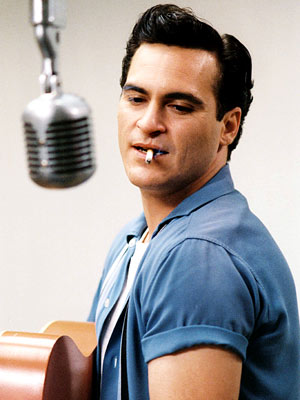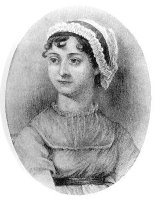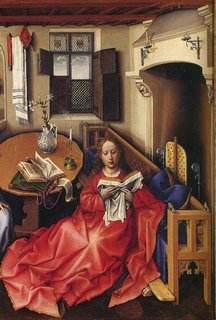
He was at least a decade older than me, smoked cigarettes, refused to be photographed, barely got out of high school, dealt some illegal substances, and drove a ’57 Rambler. Oh, and he looked like Willem Dafoe.
So what did I do?
Reader, I dated him.
I love bad boys.
I am, quite possibly, the goodest girl you will ever meet. Besides my sometimes outlandish fashion choices, I always got enough sleep, stayed out of trouble, did my homework, read everything on the suggested reading list, felt guilty when I discovered I’d been given the wrong change. But I am irresistibly attracted to men who seem to walk on the edge of danger, which is how I like my romance heroes, too.
Anne Stuart writes the best bad heroes. Liz Carlyle also has a penchant for less-than-perfect men, and of course anybody who’s written a vampire hero usually walks on the dark side.
 The funny thing is, I can’t write them. My heroes seem to be pretty nice, sometimes almost boring, and it drives me insane. Why can’t I create what I love so much? I’ve tried to make them meaner, but it’s very hard.
The funny thing is, I can’t write them. My heroes seem to be pretty nice, sometimes almost boring, and it drives me insane. Why can’t I create what I love so much? I’ve tried to make them meaner, but it’s very hard.
I’ve just finished the first draft of a new book, and this month’s revisions process will include toughening up my hero, Reeve.
So–do you like bad boys in fiction? Which are your favorite? What are the best ways to show he’s a bad boy without making him kick a puppy or something? And have you ever dated one in real life? Did he live up to your fantasies? Come on, share!
Megan
www.meganframpton.com





